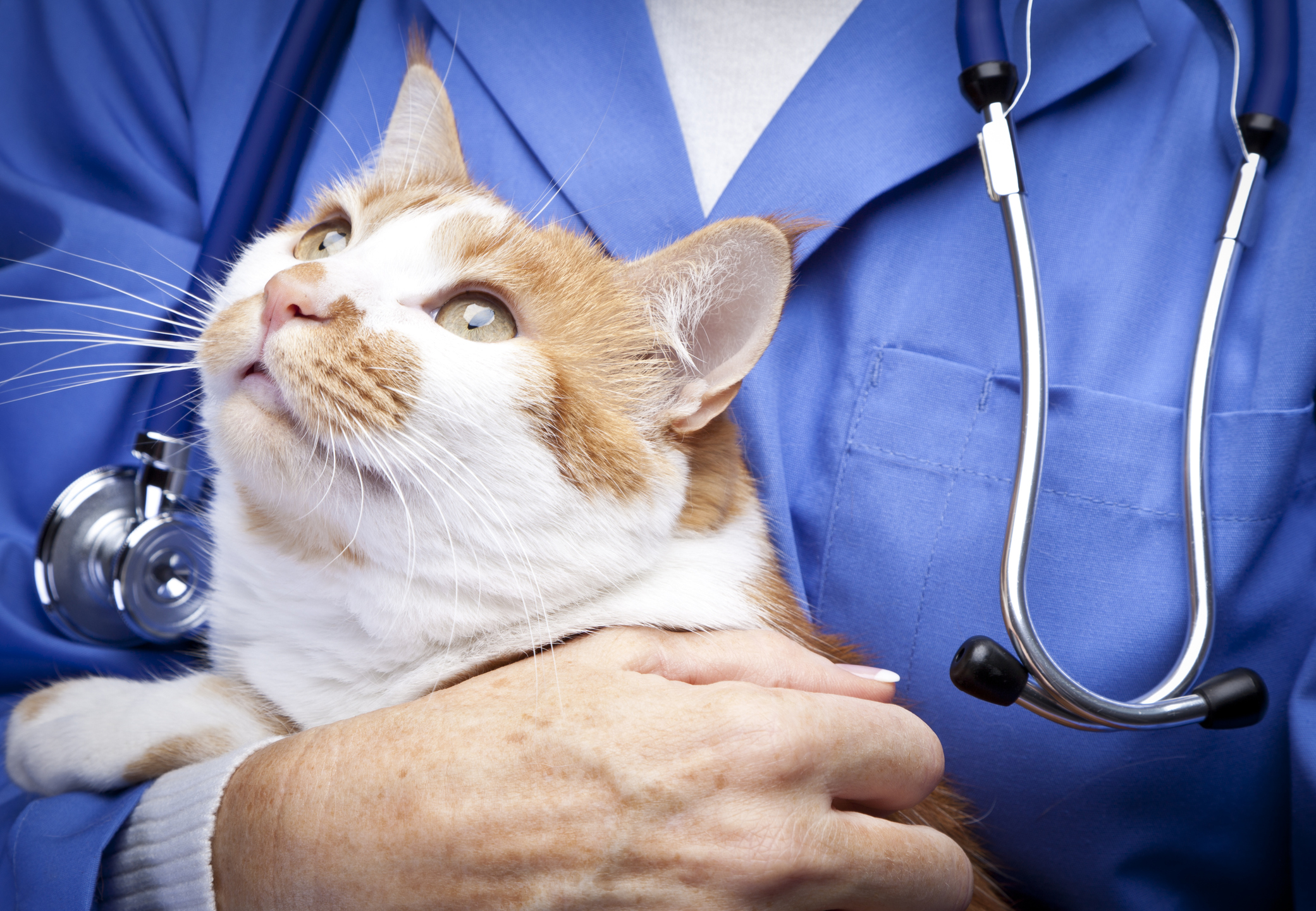Herbivore Helpers Using Livestock To Manage Rangelands – Dr John Walker, Texas A&M University
Original Article Reference
This SciPod is a summary of the paper:
https://doi.org/10.33548/SCIENTIA637
Share Episode
About this episode
Domestic herbivores – such as cattle, sheep, and goats – are remarkably important to ecosystems. Their feeding behaviours aid the management of natural habitats by preventing any individual plant species dominating the landscape. Thus, understanding livestock dietary preferences is vital for informing land management decisions. Dr John Walker from the Texas A&M AgriLife Research and Extension Center has devoted his career to exploring livestock dietary preferences, and how they can be manipulated to benefit rangelands. His ‘Aggie Cedar Eater’ (ACE) goats are now helping to control invasive juniper shrubs across the Great Plains of the US.
This work is licensed under a Creative Commons Attribution 4.0 International License. 
What does this mean?
Share: You can copy and redistribute the material in any medium or format
Adapt: You can change, and build upon the material for any purpose, even commercially.
Credit: You must give appropriate credit, provide a link to the license, and indicate if changes were made.
More episodes
Ren Kimura | Listening to Our Cats’ Kidneys: How a Handful of Mirror-Image Molecules Could Reveal Feline Health
Amino acids are a fundamental building block for fur, muscle, and every other living tissue on Earth. These molecules come in “left-handed” (L) and “right-handed” (D) forms, a bit like gloves that fit different hands or mirror images. Life largely runs on the left-handed set, so biologists once assumed the right-handed versions were irrelevant. Yet nature quietly manufactures these D-amino acids and they can play a role in certain biological processes. In research led by Japanese analytical chemist Ren Kimura of the R&D-Analytical Science Research department of the Kao Corporation, Japan, researchers reveal that these overlooked molecules may offer an early-warning beacon for one of the most common and deadly ailments in cats, chronic kidney disease (or CKD for short), and they may even have potential in diagnosing human conditions.
Dr. Jon Reinders | A genetic breakthrough for farming: editing corn inside the plant, not the lab
Corn is a cornerstone of modern agricultural food production, particularly in North America. Humans have selectively bred such crops over generations to create better yields, improved appearance and flavor and enhanced disease resistance. However, what if we could skip these arduous rounds of selective breeding and improve a crop’s stability and reliability regardless? Deep within the genetic blueprint of every maize kernel, scientists are aiming to achieve just this. In a recent groundbreaking study, Dr. Jon Reinders of Corteva Agriscience and his colleagues have unveiled a powerful new way to create genetically improved corn, not in a lab dish, but inside the plant itself. This new method is faster, cleaner, safer, and could transform how we grow our most essential crops.
Professor Jeremy Maurer | Building a seismic timeline of the Nippes earthquake
Sitting directly over a complex network of fault lines, Haiti is one of the most earthquake-prone nations on Earth. In 2021, the Nippes earthquake became the latest to devastate the country, and today, researchers are still piecing together the timeline of seismic events which unfolded during the earthquake. Through their research, Professor Jeremy Maurer and colleagues at Missouri University of Science and Technology have described how the Nippes earthquake originated, shifted, and ruptured a major fault line, triggering numerous ‘afterslip’ events in the following days.
Prof. Nelson Gekara | The Guardians of the Gut: A New Frontier in the Defence Against Viruses
Our gut contains a sleepless army, creating a hostile environment for pathogens, and helping to fortify our body’s immune defences. It may surprise you to learn that this army isn’t even human in nature, but is bacterial. The trillions of bacteria that naturally live in our gut, known as the gut microbiota, form an important component of our overall immunity against infectious disease. While bacteria can also cause disease, beneficial bacteria naturally colonise available spaces in our body, such as the gut, and play a key role in our immunity and physiology. Research conducted by Prof. Nelson Gekara of Stockholm University in Sweden and colleagues has revealed that these microscopic organisms play a crucial role in protecting us from viral infections, even in organs that are unconnected to the gut. Their study, published in the journal Immunity, uncovers a fascinating link between the gut microbiota and our body’s ability to fight viruses, offering new insights into immune function and the unintended consequences of antibiotic use.
Increase the impact of your research
• Good science communication helps people make informed decisions and motivates them to take appropriate and affirmative action.
• Good science communication encourages everyday people to be scientifically literate so that they can analyse the integrity and legitimacy of information.
• Good science communication encourages people into STEM-related fields of study and employment.
• Good public science communication fosters a community around research that includes both members of the public, policymakers and scientists.
• In a recent survey, 75% of people suggested they would prefer to listen to an interesting story than read it.

Step 1 Upload your science paper
Step 2 SciPod script written
Step 3 Voice audio recorded
Step 4 SciPod published




